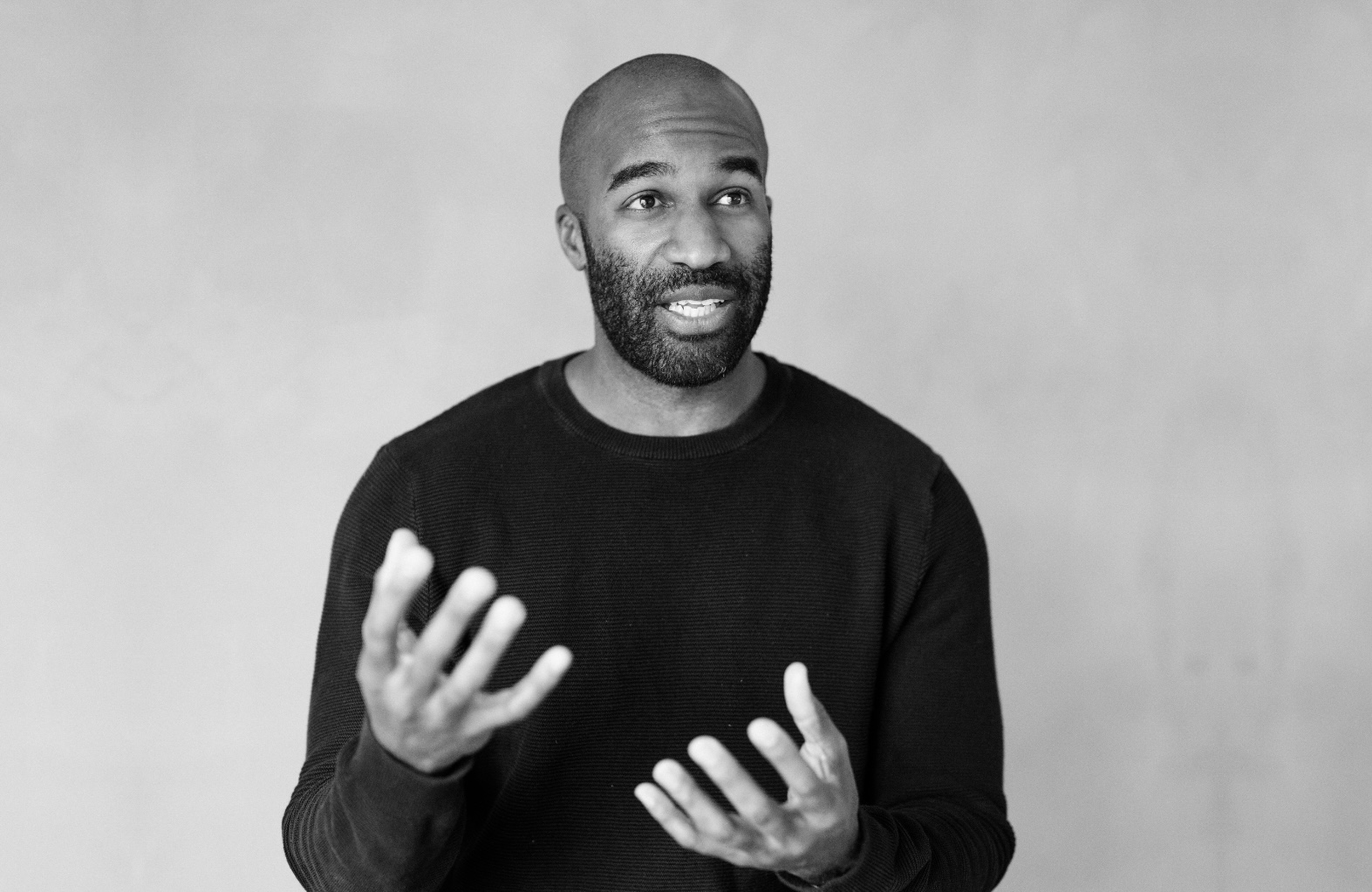Overcoming Impostor Syndrome with Narrative Coaching:

The Power of Personal Storytelling
Do you ever feel like a fraud? Like you're just waiting for someone to unveil the secret that you don't actually know what you're doing? If so, you're not alone. Overcoming impostor syndrome is an issue face by everyone, when embarking on a new endeavour.
Unmasking the Impostor Within
At some point in their lives, about 70% of people grapple with a niggling sensation known as the Impostor Syndrome. This is a psychological pattern where individuals doubt their accomplishments and constantly fear being exposed as a "fraud". From the dedicated “Perfectionist” who constantly feels they haven’t done enough, to the tireless “Superman/woman” who operates under the belief that they must outwork everyone around them, the manifestations of this syndrome are varied but universally crippling.
These relentless self-doubting thoughts can push you into a whirlwind of anxiety, making you over-prepare or overwork, in a bid to ensure no one "finds out" you are a fraud. In extreme cases, this toxic cycle can even lead to mental health challenges such as depression.
But, why do we get bogged down by these self-deprecating beliefs? And more importantly, how can we work on overcoming impostor syndrome?
The Power of Narrative Coaching
Narrative coaching offers hope. It uses techniques rooted in reshaping and reframing personal stories. Everyone has a unique life story, filled with achievements, failures, and lessons. Sometimes, we focus excessively on negative events or setbacks, which then shape our self-perception.
By revisiting past experiences and acknowledging accomplishments, narrative coaching helps individuals challenge and rewrite the negative stories they've come to believe about themselves.
In the context of Impostor Syndrome, this method is a game-changer. It nudges people to recognise and celebrate their hard work, skills, and dedication instead of attributing success to external factors.
Every story has multiple perspectives. The same event can be viewed as a setback or a stepping stone, depending on the lens you choose. Narrative coaching capitalises on this, reinforcing the belief that the stories we recount play a significant role in shaping our reality. By consciously deciding to reauthor the narrative, one can effectively dispel the debilitating distortions of Impostor Syndrome.
Reclaiming Your Narrative
As we progress through the healing journey of narrative coaching, something magical happens. The looming shadows of doubt that once overshadowed your accomplishments begin to recede. What emerges in their place is a renewed sense of self, brimming with confidence and self-worth.
When you begin to view yourself through a lens of achievement and capability, it doesn't just change how you perceive yourself. It transforms how the world sees you.
This newfound confidence reflects in every aspect of your life. From more assertive communication to improved outcomes in personal and professional endeavours, the benefits are manifold.
What exactly is Narrative Coaching?
Your Next Chapter Awaits...
In a world where self-doubt is rampant and Impostor Syndrome is a common challenge, tools like narrative coaching are invaluable. As we embrace narrative coaching and embark on a journey of self-realisation and growth, the process of overcoming impostor syndrome becomes not just a possibility but a reality.
They don't just offer a remedy; they empower us to reclaim our narratives and rediscover our worth.
Next time you feel like an impostor, remember, you have the power to rewrite your story. Embrace narrative coaching, challenge those self-deprecating beliefs, and embark on a journey of self-realisation and growth.
Share this story


